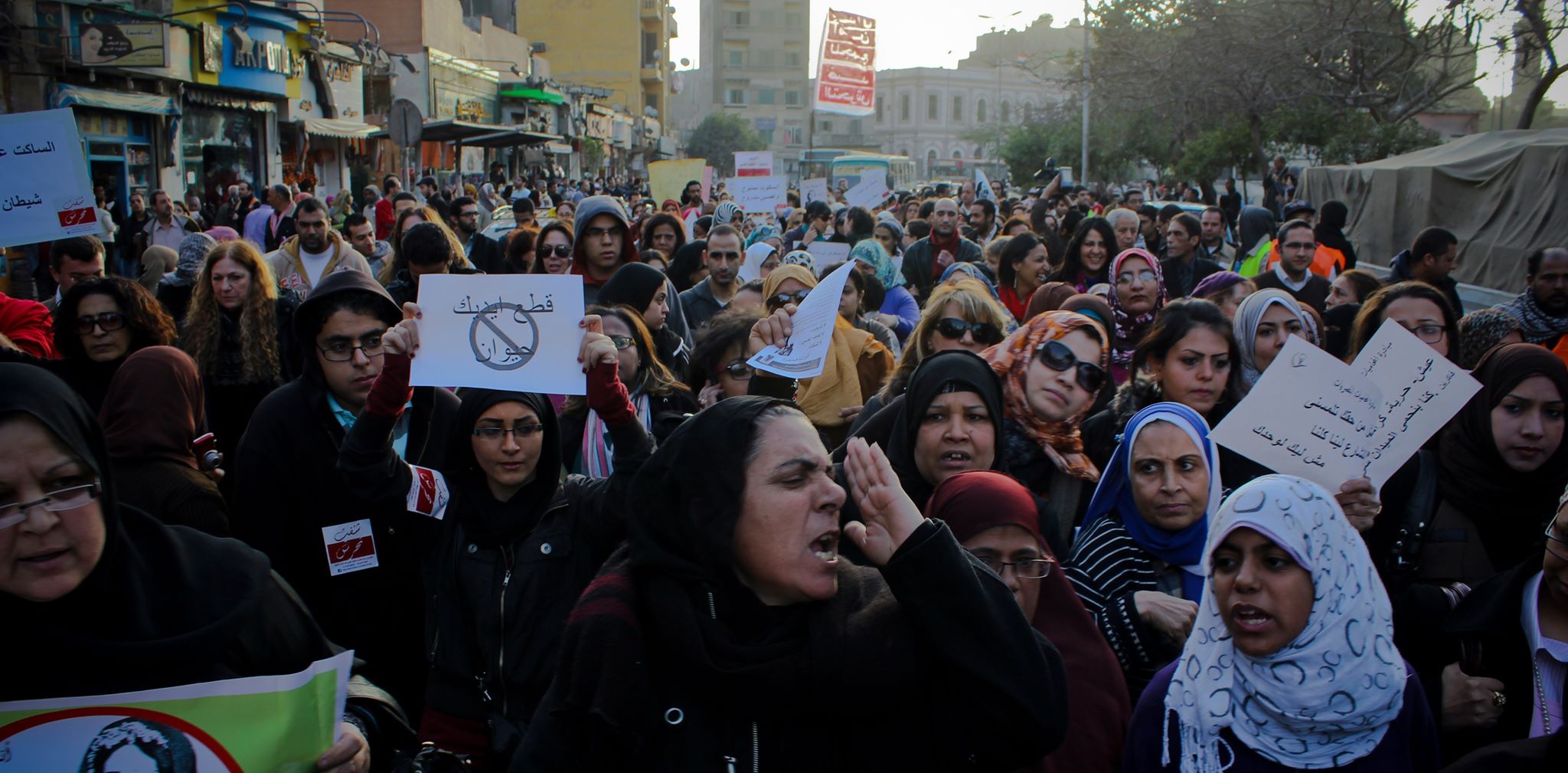Egyptian women are engaged in endless battles that surface on all levels of society: From a wave of arrests of young women on TikTok to constant discussion around the dangers of sexual harassment in its various forms, one cannot help but think that to be a woman in Egypt means constantly fighting to survive in a system seemingly designed to break you. Living in Egypt means realizing that violent behaviour towards women is socially accepted and often justified despite attempts from the government, NGOS and the public to eliminate these attitudes. The majority of the Egyptian population seems keen on maintaining the overpowering patriarchal structure of society as a whole. The factors that make up this system cannot be addressed in isolation, and their interconnectedness needs to be explored. As per a traditional definition, a patriarchal society is one where men hold power over women. Accordingly, it is impossible to deny Egypt’s patriarchal nature because it taints every aspect of Egyptian life, from educational, religious, and judicial institutions, all the way to families and households. In a study conducted by UN Women in 2017, 86.8 percent of Egyptian men and…
Privilege and Suffering: Intersectionality as a Tool to Understand Women’s Struggles in Egypt
July 10, 2020




